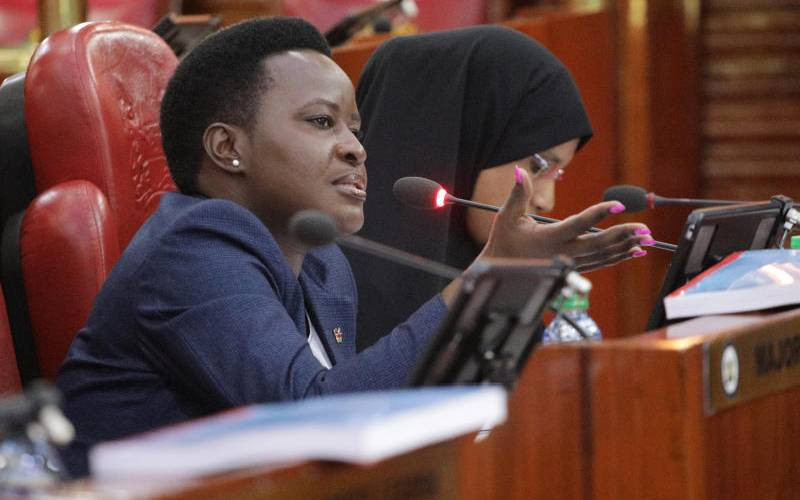×
The Standard e-Paper
Informed Minds Prefer The Standard

Nominated Senator Esther Okenyuri has called on the government to accelerate the formulation of a policy framework to establish the extent in which the youth have acquired green skills.
In a statement to the Senate, Okenyuri said currently the country is not in a position to measure to what extent youth have acquired the green skills.